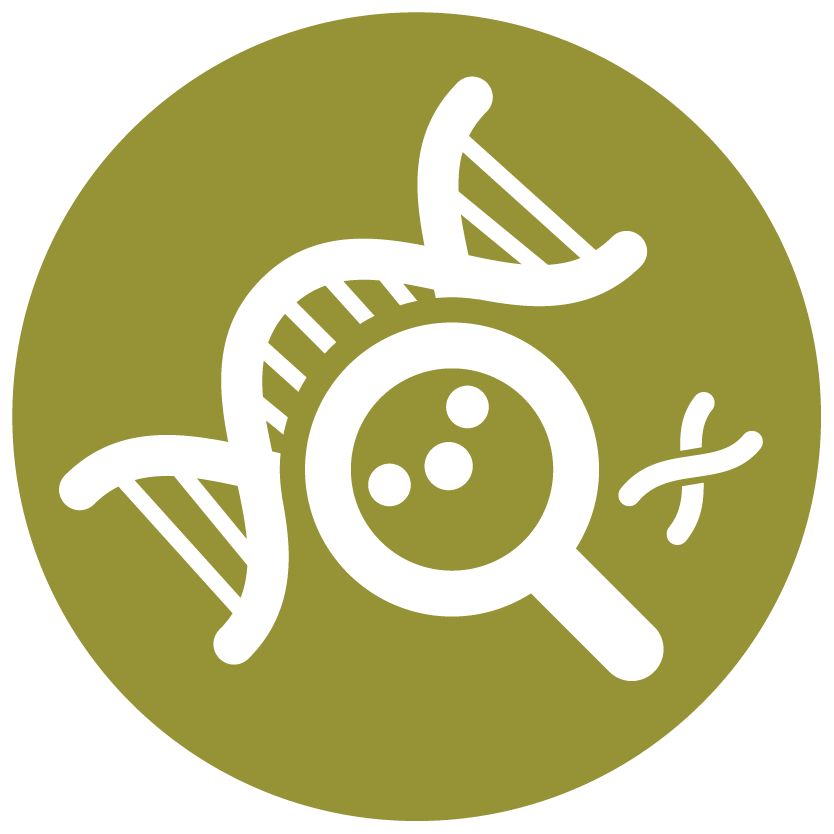Discovery and Basic Research
Symposium: Out-of-the-Box Approaches for Innovation
Metabolite-Based Nanoparticles for Macrophage Reprogramming in Inflammatory Disease Treatment
Monday, November 10, 2025
10:30 AM - 11:00 AM CT
Location: 303 AB

Ryan M. Pearson, PhD
Associate Professor
University of Maryland Baltimore
Baltimore, Maryland
Speaker(s)
Macrophages are key innate immune cells that regulate host defense, wound healing, and immune homeostasis. While macrophage phenotypes exist along a spectrum, they are generally classified as pro-inflammatory M1-like (M1) or anti-inflammatory M2-like (M2). Inflammatory diseases such as obesity, asthma, and autoimmunity, among others, are often characterized by an imbalance in macrophage polarization, with excessive M1 activation driving chronic inflammation and tissue dysfunction. Targeting macrophage plasticity offers a promising strategy for modulating immune responses and restoring homeostasis. To address this, our team has been exploring metabolite-based polymers and nanoparticles derived from itaconic acid (ITA) and its isomers as an immunometabolic strategy to reprogram macrophage during inflammation. In this presentation, I will discuss our approach to designing polymeric nanoparticles for immunomodulation, focusing on the effects of various metabolites, linkers, and polymer molecular weight to enhance M2 polarization in M0 and pre-established M1 and M2 macrophages. I will also explore the mechanistic basis of M1-to-M2 conversion, emphasizing key signaling pathways, metabolic shifts, and oxidative phosphorylation. Finally, I will highlight our collaborative studies evaluating these nanoparticles in a high-fat diet-induced obesity model and a clinically relevant asthma model. This discussion will provide insight into the potential of metabolite-based nanoparticle technologies for immunotherapy, offering new perspectives on their cellular and molecular mechanisms and their therapeutic applications across inflammatory diseases.
Learning Objectives:
- Upon completion, participants will be able to describe the role that dysregulated macrophage polarization has on inflammatory disease development.
- Upon completion, participants will be able to identify design principles for engineering metabolite-based nanoparticles for macrophage modulation.
- Upon completion, participants will be able to assess the potential of nanoparticle-based immunomodulation as a therapeutic strategy for treating inflammatory diseases.

